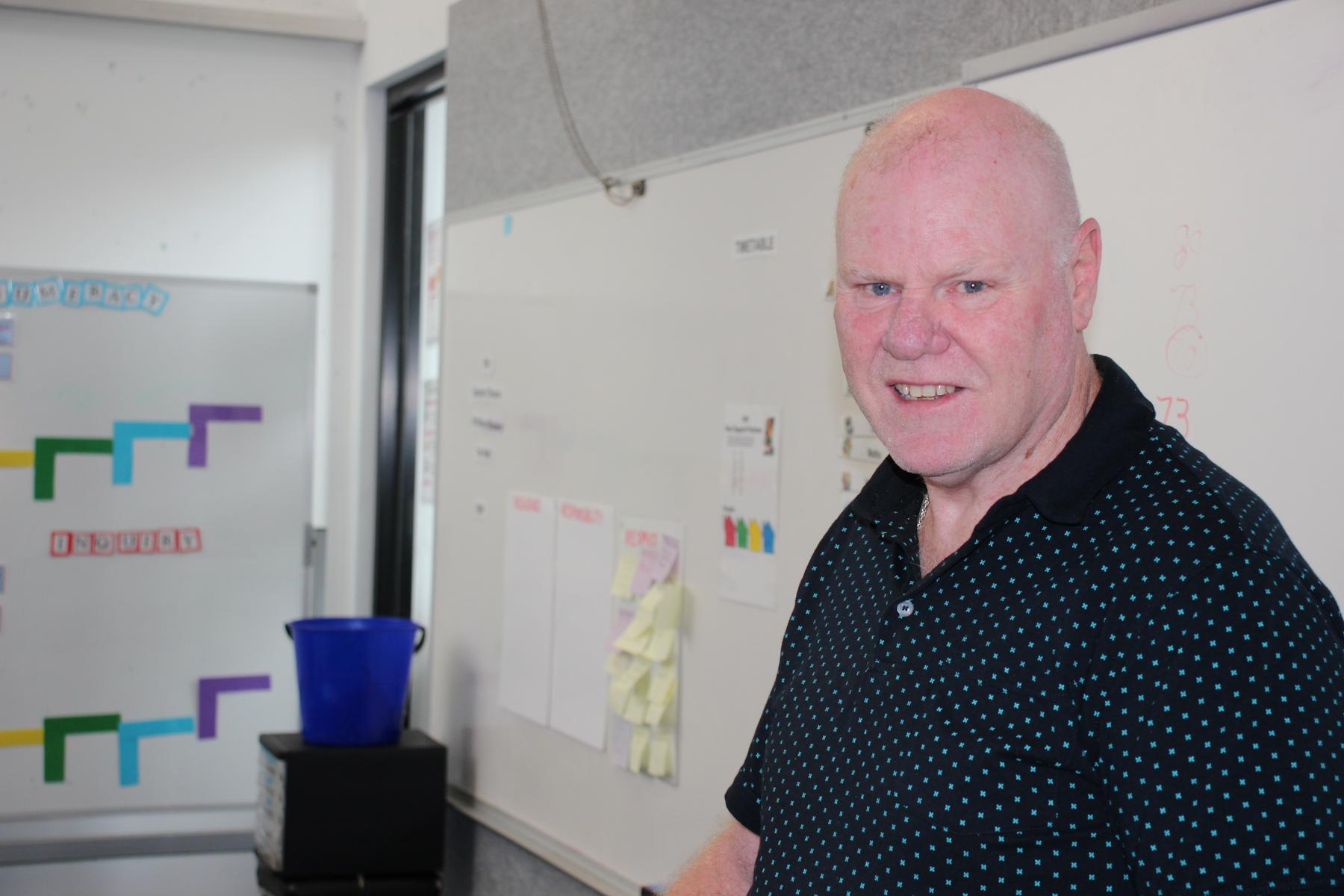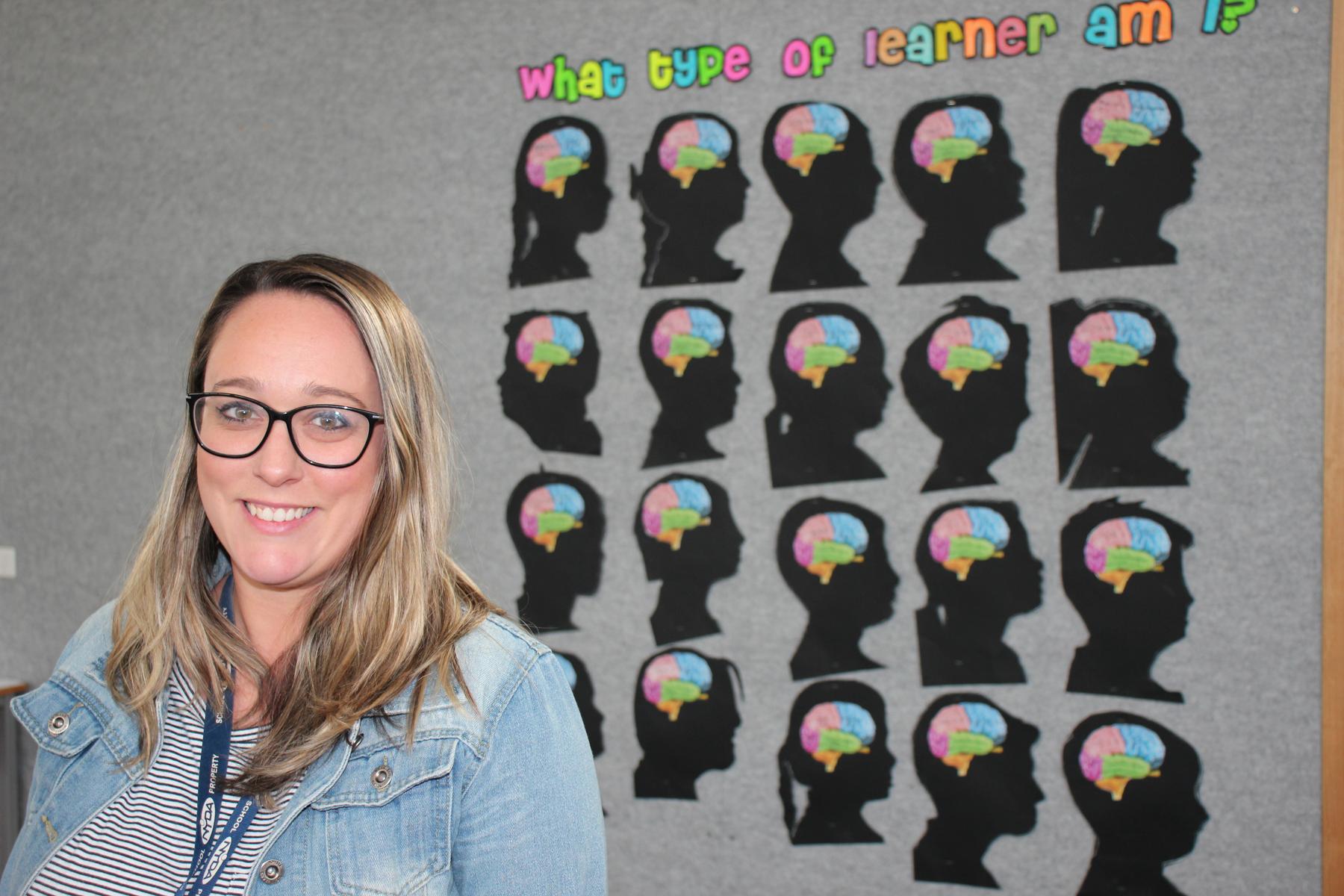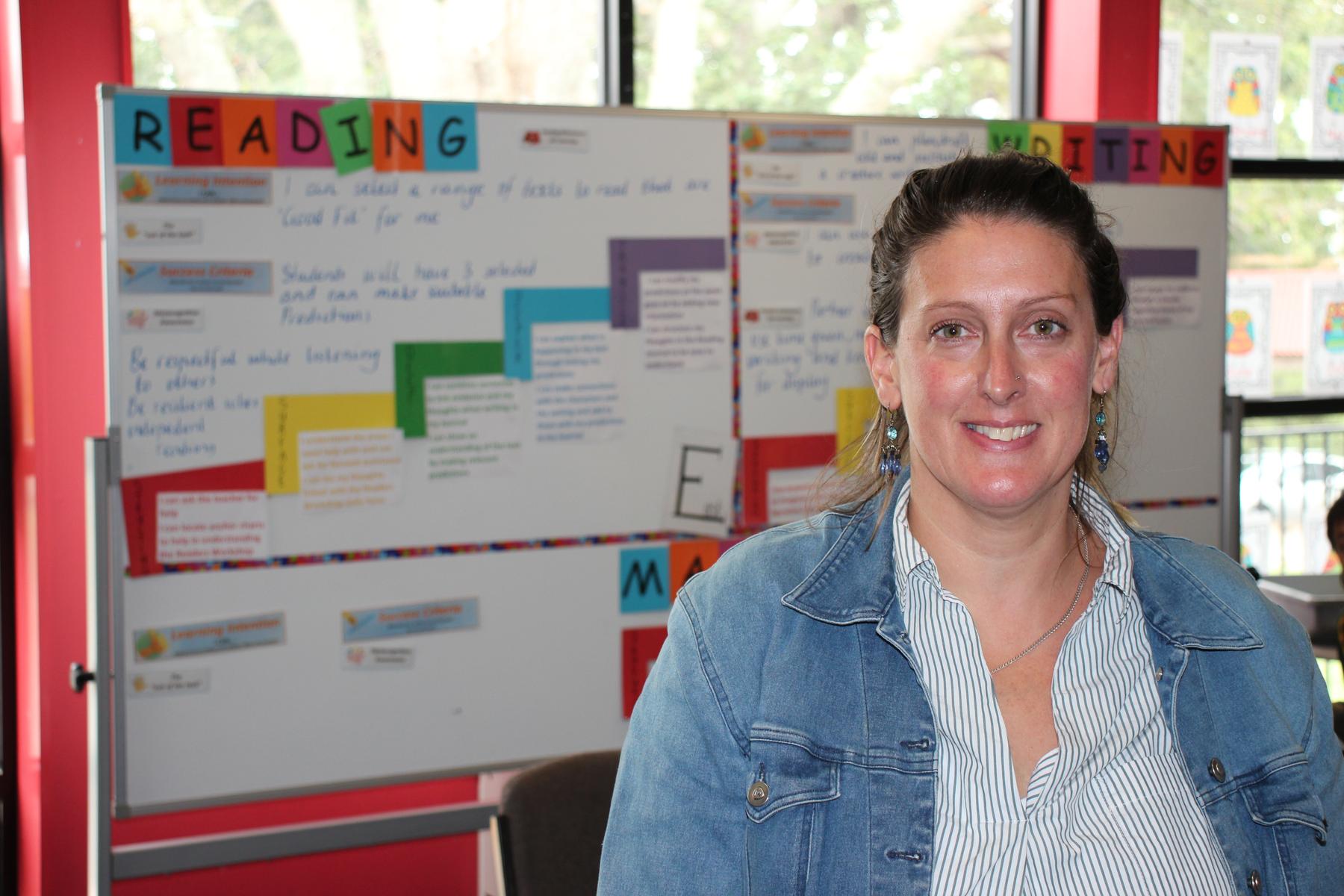Year Five/ Six

Communicating with the Year Five/Six Team
We look forward to partnering with you in 2020, and welcome your input:
Llewela Humphries (Class 56A) Llewela.Humphries@education.vic.gov.au
Gary Monopoli (Class 56B) Gary.Monopoli@education.vic.gov.au
Hayley Oliver (Class 56C) Hayley.Oliver@education.vic.gov.au
Jessica Cameron (Class 56C) Jessica.Cameron@education.vic.gov.au
An Overview of our Learning
Please see below an overview of our Inquiry Learning for Term Three.
Unit Title: Natural Disasters Through Line: Our World & Beyond Learning Area/s: Earth & Space Sciences/Geography Capability: Ethical Capability |
Natural Disasters – Unit Content: Geography Content Descriptors – Geographical Knowledge Factors that shape places and influential interconnections
Science Content Descriptors – Earth and Space Sciences Earth and space sciences
Ethical Capability Content Descriptors Understanding of concepts
Decision making and actions
Achievement Standards: By the end of Level 6:
Geography - Geographical Knowledge
Science – Earth and Space Sciences
Ethical Capability
|
Unit Title: Natural Disasters Through Line: Our World & Beyond |
| Natural Disasters - Themes: Students learn that sudden geological changes or extreme weather conditions can affect the Earth’s surface and important resources. Students explore and conduct inquiries regarding the impact of bushfires, floods and other natural disasters on environments, communities and natural resources. They examine how people can respond to minimise resource and community impact. |
Questions: What defines a natural disaster? How do sudden geological changes or extreme weather conditions affect Earth’s surface? What are the impacts of bushfires, floods and other extreme weather conditions on environments and communities? How can people respond? How can science inform personal and community decisions?
Key Understandings: How sudden geological changes or extreme weather conditions affect Earth’s surface. The impacts of bushfires, floods and other extreme weather conditions on environments and communities. How people can respond. Ethical issues related to environmental problems. How people use science in their daily lives. |



